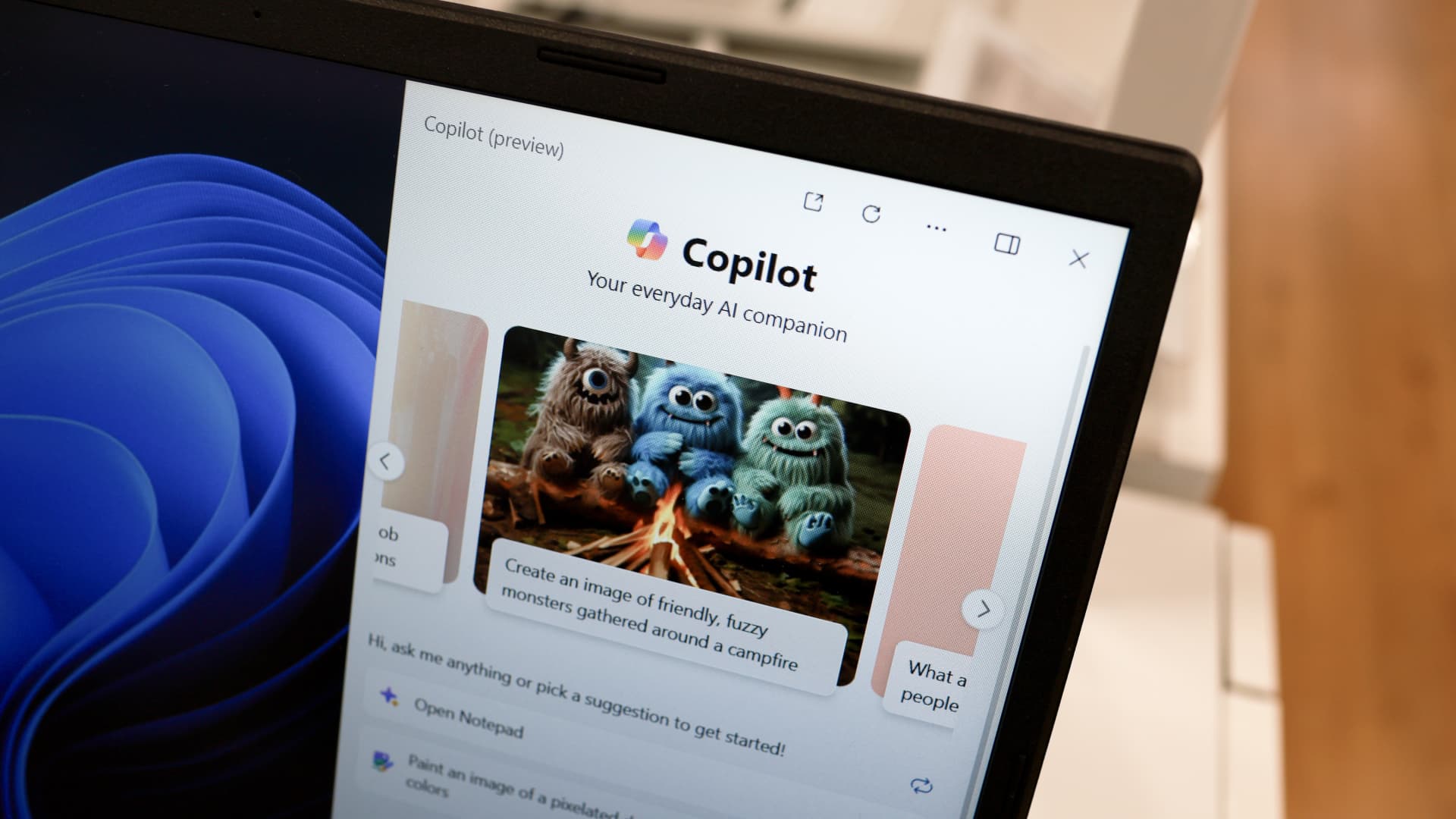As It Happens6:19What bad karaoke tells us about the science of blushing
When researchers set out to learn what happens to our brains when we blush, they faced a conundrum — how could they sufficiently humiliate their study’s subjects as they lay alone in a dark MRI machine?
“We were thinking, well, what can we do to make people feel embarrassed and exposed while they are actually alone?” Milica Nikolić, a developmental psychologist at the University of Amsterdam, told As It Happens host Nil Köksal.
“And we knew that singing karaoke is, of course, very embarrassing.”
So Nikolić and her colleagues had the participants sing karaoke songs — each carefully selected to ensure maximum mortification — then had them watch video clips of their own performances while getting their brains scanned.
The findings, published in the journal Proceedings of the Royal Society B, shed light on the psychology of blushing, which the authors say is a completely involuntary reaction to feeling exposed.
A challenging set list
Nikolić says she and her colleagues knew from previous research that doing karaoke makes people blush. Nevertheless, they took steps to ensure the experience was as embarrassing as possible.
The study’s participants were all women and girls in Amsterdam, aged 16 to 20 — an age group shown to be more self-conscious about how others perceive them.
The researchers collaborated with music experts to select songs the cohort would be familiar with, and which are challenging to sing — Hello by Adele, Let It Go by Idina Menzel from the movie Frozen, All I Want for Christmas is You by Mariah Carey and All The Things She Said by Russian pop duo Tatu.

As an added cruelty, the researchers showed the participants clips from the most difficult parts of the songs.
“There were, of course, a lot of mistakes,” Nikolić said. “There was a lot of fidgeting or nervous smiles. But everyone went through it, I think, quite bravely.”
But before she subjected others to this experiment, Nikolić says she tried it herself — albeit, minus the MRI exam.
“It was terrible,” she said. “So I knew back then that the task would work.”
The point, she says, was to test two competing theories about what triggers blushing.
One dates back to 19th-century thinker Charles Darwin, who said we blush when we think about how others think of us.
“We call this mentalizing. And it’s quite complex, of course, because we have to put ourselves in other people’s minds and think about what they would say,” Nikolić said.
“The other theory states that it is [a] much more basic, more automatic, more spontaneous … reaction to social exposure.”

The latter proved true, she says. When people watched their own performances, they blushed, which the researches confirmed by tracking the temperature in their faces. They were, however, far less likely to blush when watching clips of the other participants.
The study also found blushing coincided with activity in the cerebellum, the part of the brain responsible for emotional arousal and attention, among other things.
“It tells us that actually, the blush is much more simpler than we previously thought. We don’t have to think about what other people are thinking of us. It’s a simple automatic reaction,” Nikolić said.
Blushing is honest — and helpful, too
Dr. Mary Lamia, a clinical psychologist in Marin County, Calif., and author of The Upside of Shame, says the findings do not surprise her — especially the part about blushing making us pay attention.
“That’s true of all emotions that they make us pay attention,” said Lamia, who was not involved in the research. “But shame really makes us pay attention.”
Shame and embarrassment tend to make people want to hide, she says, but blushing exposes them.
“Blushing is a signal to somebody else that you are feeling something. It’s like a flash to everybody that you regret some wrongdoing or you regret what you’re thinking or what you said, or whatever the circumstance was at the time,” she said.
This, she says, forces us to acknowledge what other people think of us, which, in turn can help us move beyond our mistakes, make amends and restore our social bonds.
As uncomfortable as blushing may feel, Nikolić notes that previous research has found it improves other people’s perceptions of us when we need it most.
Studies have shown people are more likely to forgive someone who blushes when they do something wrong, and are more likely to trust them with their money,
“When we do something wrong and then we blush, other people judge us as more trustworthy and more pro-social, and they are inclined to like us,” she said.
Lamia urges people people to lean into embarrassment instead of hiding or lashing out.
“Many people who blush would like to not blush, but some people just blush. And so they have to learn to accept it and maybe even enjoy it — that they’re wearing their emotions on their face,” she said.
“It’s an honest response, an authentic response.”







